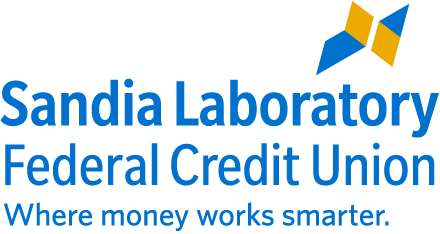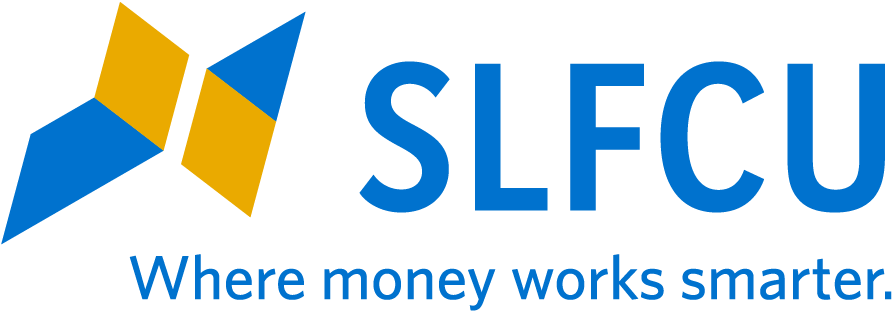Help Protect Yourself from Identity Theft
Why Shredding Matters
Receipts, bills, and other paperwork often include personal information that can be used or sold by thieves. Shredding unnecessary documents is one way to help protect yourself from identity theft.
WHEN TO SHRED
The Federal Trade Commission (FTC) offers an overview of how long you should store most types of documents.
Items like receipts you don’t need, bills you’ve already paid, and credit card offers can be shredded right away. However, be careful to keep receipts related to business expenses, home renovations, or other paperwork that you may need for tax or recordkeeping purposes.
Records and items you should store for a longer period include tax documents, titles, deeds, and medical records. You may wish to keep financial statements for up to a year, but keep in mind financial institutions may make them available to you online. SLFCU members can access up to two years of account and statement history inside online banking.
Rachel Dimas, SLFCU’s Risk Manager, says, “In the end, what to shred and what to keep is really a personal preference – you just need to practice smart storage of any records you keep.”
Other items that should be kept include Social Security cards, birth certificates, marriage licenses, and death certificates. These types of documents should be stored in a secure location like a safe deposit box. According to Rachel, “If you choose to keep records in your home, they should be kept in a fireproof safe or fireproof filing cabinet, and should be secured at all times.”
HOW TO SHRED
If you have a shredder at home, you can shred most documents yourself. Rachel recommends a cross-cut shredder as opposed to a strip-cut shredder. “I have seen ample case evidence where strip-cut paper was easily obtained and recreated. I don’t see this as a smart or safe option, even though these shredders are still available to consumers.”
If you have a large amount of material to shred, you can search online for a shredding service near you. “Shredding services are a good way to go,” says Rachel, “and consumers should seek a company that is NAID certified. Many of these businesses shred more than just paper, such as hard drives and other storage devices.”
REDUCE YOUR PAPER FOOTPRINT
Avoid the issue of storing or shredding old documents by reducing the amount of paper you receive. Sign up for electronic statements and notices and request electronic receipts from stores that offer them. Stay organized by creating folders for these items within your email inbox. To sign up for eStatements with SLFCU, log in to online banking and select the Documents widget.
SHREDDING AT SLFCU
SLFCU hosts semi-annual shredding events where members may bring items to be shredded onsite by an NAID-certified shredding company. Appropriate shred items for these events include documents that contain personal information, with a limit of two Bankers Boxes (or similarly sized boxes) of shred material per member. Only paper can be shredded (no folders or media).
SHRED YOUR DOCUMENTS FOR A CAUSE
SLFCU's next shredding event is October 16 from 10:00 a.m. to 12:00 p.m. at our Juan Tabo and Cottonwood branches. Please bring a monetary donation for SLFCU's fundraising efforts on behalf of New Mexico Credit Unions Connected Academy. Alternatively, a non-perishable food donation for the Rio Grande Food Project is also welcome.
Please arrive by 11:30 to be assured of service. Limit two boxes of paper per member. No folders, storage devices, or other media allowed. Plan to remain with your documents until they are shredded.
« Return to "View All Articles"


